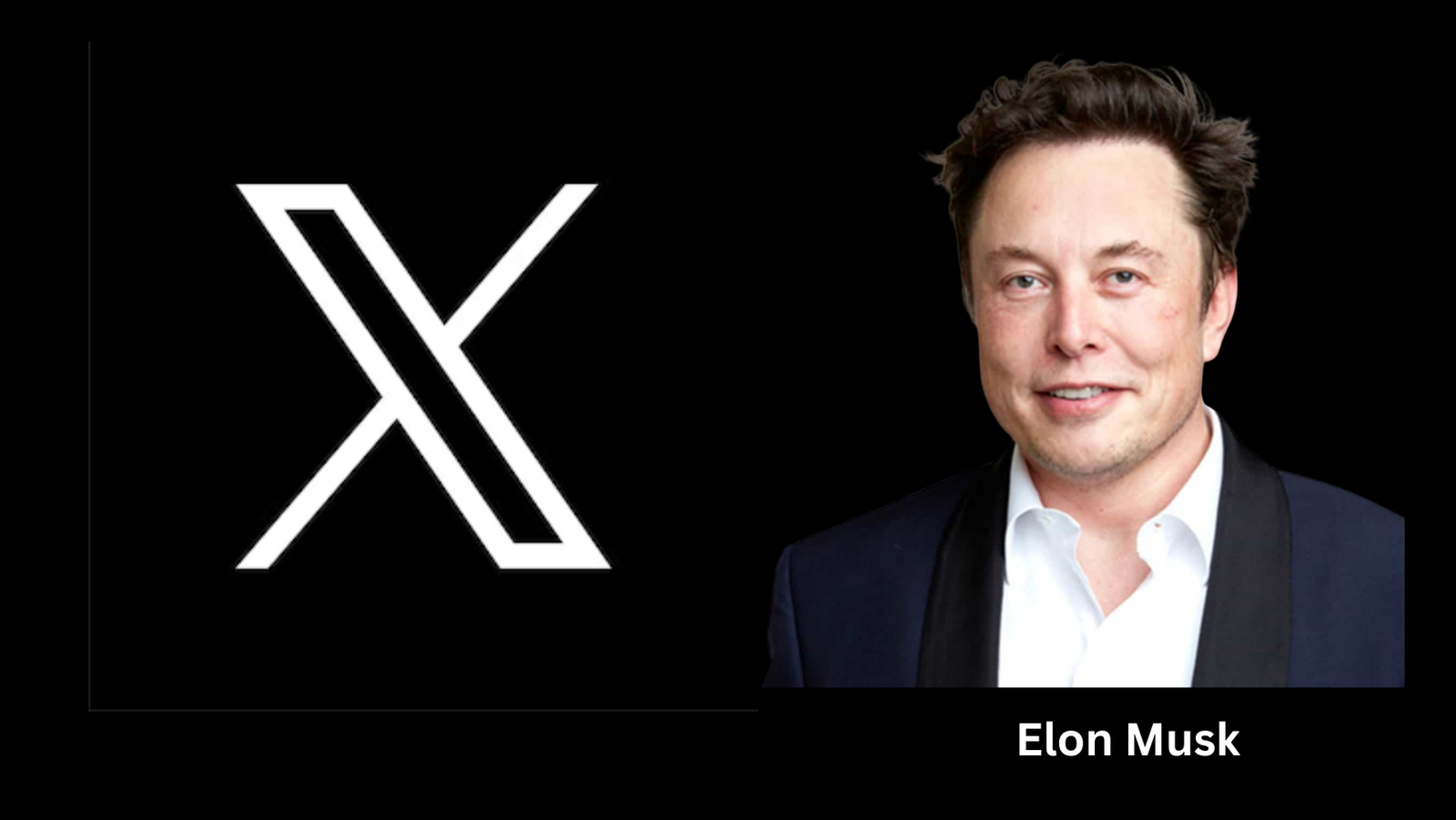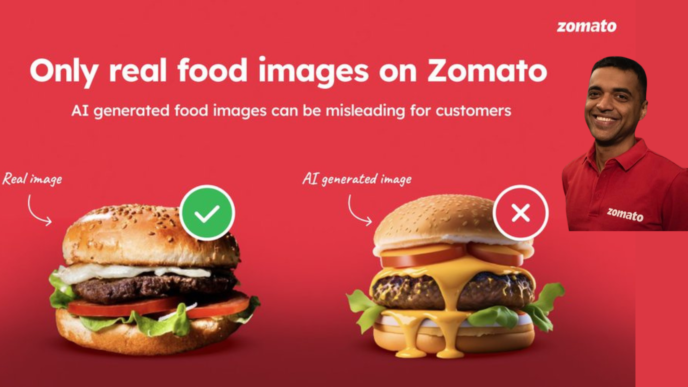New Delhi: In a dramatic escalation of tensions, Elon Musk’s social media platform, X (formerly Twitter), has initiated legal action against a consortium of advertisers, leveling accusations of a “massive boycott” that inflicted billions of dollars in lost revenue. The lawsuit, filed on Tuesday in a Texas federal court, targets the World Federation of Advertisers and its prominent members, including Unilever, Mars, CVS Health, and Orsted.
The crux of X’s complaint centers around the Global Alliance for Responsible Media, a brand safety initiative spearheaded by the advertising group. X alleges that this alliance orchestrated a coordinated advertising freeze following Musk’s $44 billion acquisition of Twitter in late 2022 and subsequent overhaul of the platform’s workforce and policies.
Musk himself took to X to express his frustration, declaring “now it is war” after enduring two years of perceived inaction and “empty words.” Echoing this sentiment, X CEO Linda Yaccarino cited evidence unearthed by the U.S. House Judiciary Committee as a catalyst for the lawsuit. The committee’s recent hearing probed the adequacy of existing laws to deter anti-competitive collusion in online advertising.
It’s crucial to note that the lawsuit’s focus is on the early stages of Musk’s Twitter takeover, distinct from a separate advertiser exodus that occurred a year later. In November 2023, numerous advertisers abandoned X amid concerns over ad placement adjacent to pro-Nazi content and escalating hate speech. Musk’s inflammatory posts, including an endorsement of an antisemitic conspiracy theory, further exacerbated the situation.
ALSO READ: Prasar Bharati Invites Private TV Channels for OTT Platform
Musk retaliated by accusing the departing advertisers of “blackmail” and issuing a blunt ultimatum.
The World Federation of Advertisers and the implicated companies have yet to publicly respond to the lawsuit. However, Unilever, a key player in the controversy, defended its advertising practices during a congressional hearing last month. Unilever USA president Herrish Patel emphasized the company’s sole discretion over advertising spending, asserting that no platform enjoys an inherent right to their advertising dollars.
As the legal battle unfolds, the implications for the advertising industry and the future of social media platforms are far-reaching. The outcome of this case could reshape the dynamics between tech giants and their advertising partners, potentially setting new precedents for platform accountability and advertiser rights.













